The largest Quasar group
At 4 billion light-years in length, the Large Quasar Group (LQG) is the largest known structure in the universe and is some 1600 times larger than the distance from the Milky Way to Andromeda.
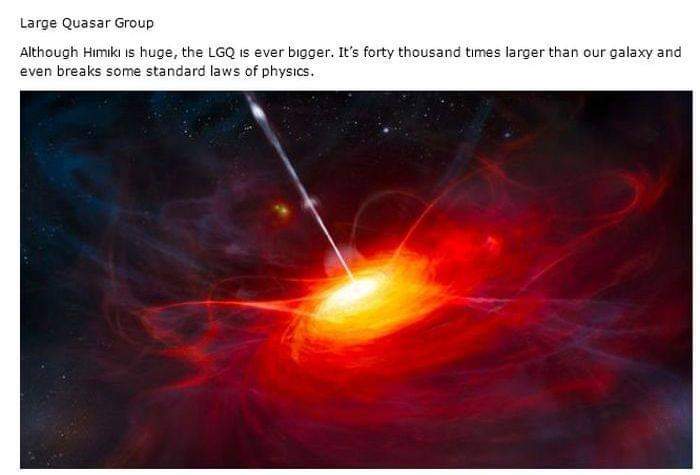
At 4 billion light-years in length, the Large Quasar Group (LQG) is the largest known structure in the universe and is some 1600 times larger than the distance from the Milky Way to Andromeda.

The Tehran Times reports that Neanderthal teeth from Iran date to the Middle Paleolithic period. An international team of researchers, including archaeologists and paleontologists, analyzed the tooth of a Neanderthal child / tooth and found that it was from the Middle Paleolithic period. In 2017, Neanderthal baby tooth was obtained from the Baba Yawan rock…
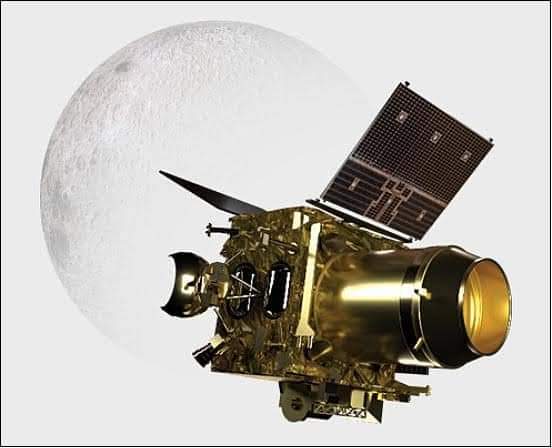
Chandrayaan 2 Orbiter has been sending high resolution images of the Moon and other scientific data to Earth for two years. ISRO is conducting an online Lunar Science Workshop on Septemper 6-7. In addition, data and images collected by Chandrayaan 2 orbiter will be made available in the public domain. Chandrayaan 2 was mentioned in…
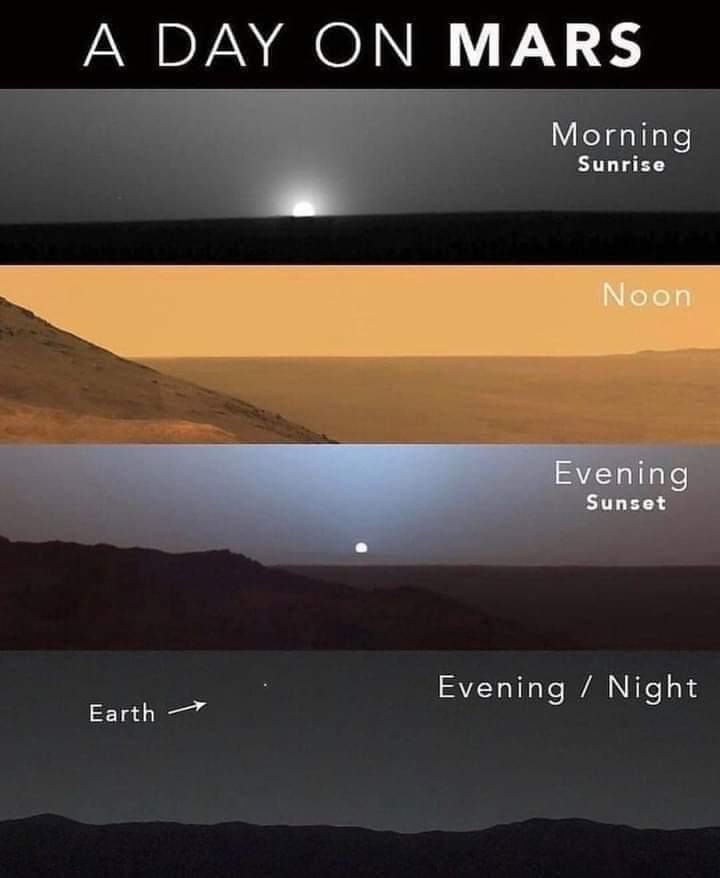
The hottest day on Mars is 20 degrees Celsius at the equator. The night can go up to minus 153. The latter is characterized by strong dust storms. The surface appears to be dry but water is expected to flow to the bottom. Take a look at the day given by the vehicles that landed…
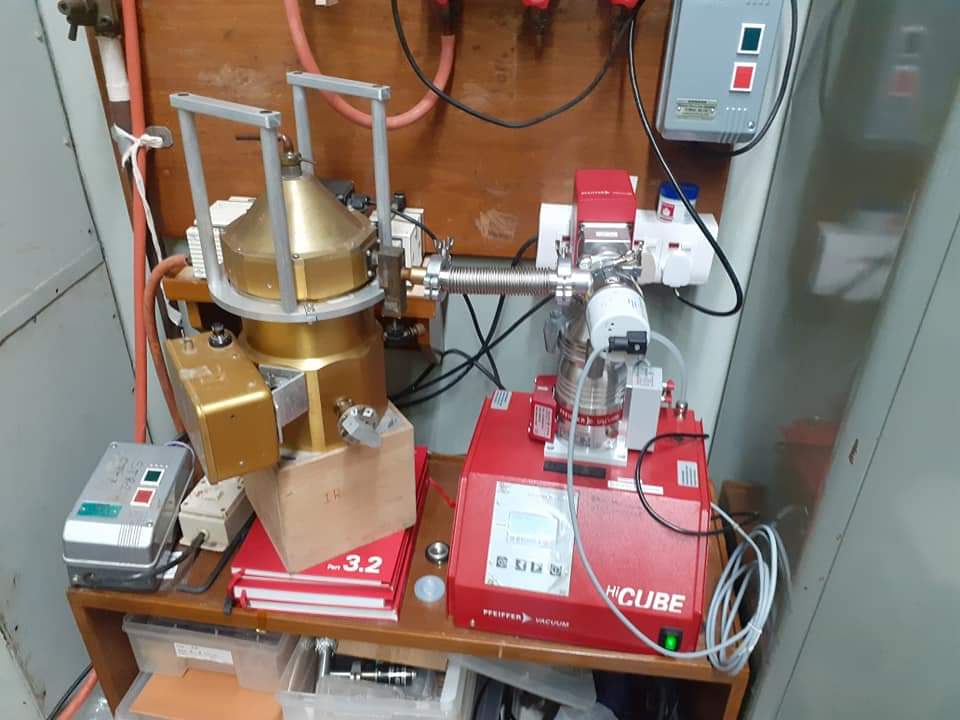
Infrared radiation from a black body is analyzed and used to determine its temperature. The object is seen in the color of brass. Activity. First, the pressure is reduced by means of a vacuum pump. The temperature is then reduced with liquid nitrogen. The black body is then placed in front of the source. The…

Look at the two pictures given to make this clear. The first is when someone throws a stone. The velocity of the stone is shown as two elements, vertical and horizontal. Since there is no force in the opposite direction to the coastal component, the stone travels away until it falls to the ground. As…

Plasma with high brightness is a giant sphere held together by gravity. The Sun is the closest star to the Earth, and is the source of most of the Earth’s energy. The stars appear when other atmospheric phenomena are uninterrupted during the night when the sun is absent. Historically, some of the major stars in…
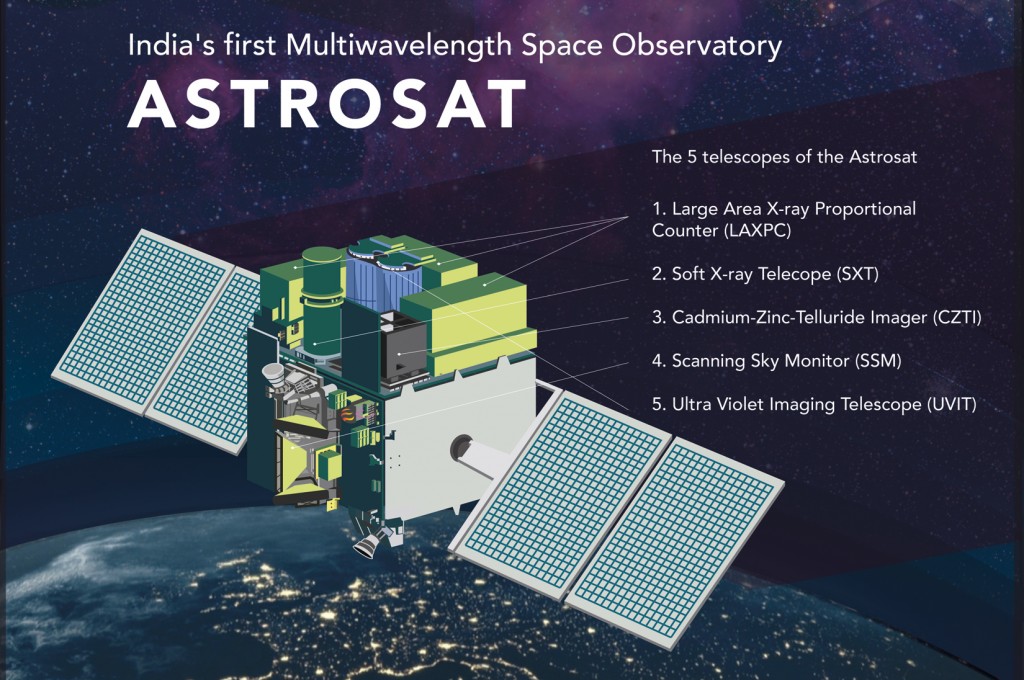
Astrosat is India’s first space telescope. The telescope can observe everything from distant galaxies to black holes. Launched September 28, 2015. The ASTROSAT, which weighs 1513 kilograms, orbits the equator at a distance of 650 km from Earth. Astrosat controls ISRO’s Mission Operations Complex (MOX) in Bangalore. The astrosatellite has five payloads (observational instruments) capable…
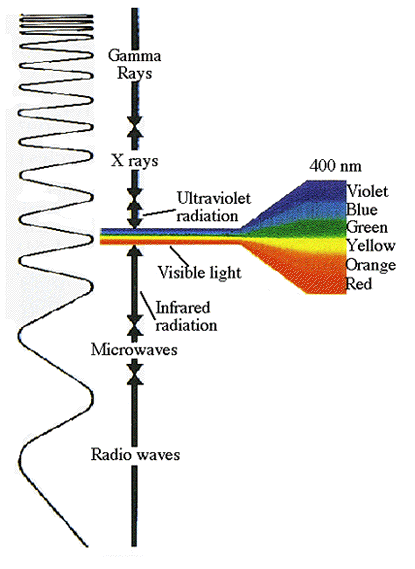
Everyone has heard of the electromagnetic spectrum. It is a collection of all wavelengths and frequencies of light, from radio and microwave to ultraviolet and gamma. The light we see is called the “visible” part of the spectrum. The rest of the frequencies and waves are invisible to our eyes, but can be detected with…